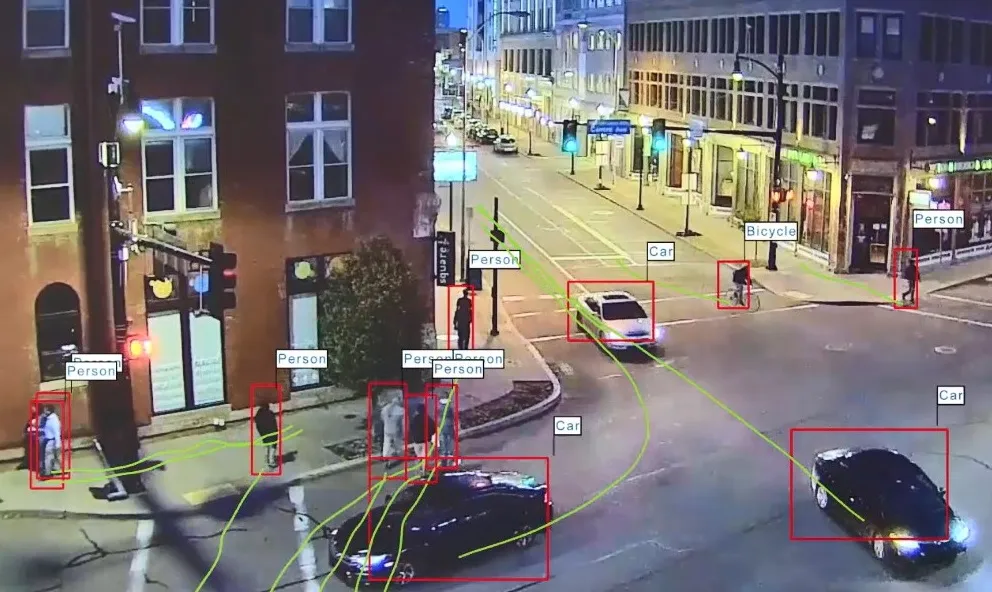
Utilising new or existing fibre deployments along a road or rail line, the system can monitor for incidents, detected by vibrations transmitted via the fibre optic cable. Control centres can be alerted in real time to an incident and location to accuracies within 6-10m, saving valuable time for emergency crews.
Vibration variations are compared with a library of normal background signals to categorise incidents.
Advanced artificial intelligence technology uses behaviour and signature recognition, and signal processing software, to identify the difference between a background event such as rain and an actual incident, reducing the frequency of nuisance alarms.
“No one is using fibre in this way to detect traffic incidents anywhere in the world,” said Jeff Sharp, group manager, technology and innovation, Downer Group.
These otherwise barely detectable vibrations monitored through the fibre cables can also be used to measure traffic speed and track traffic movement.










